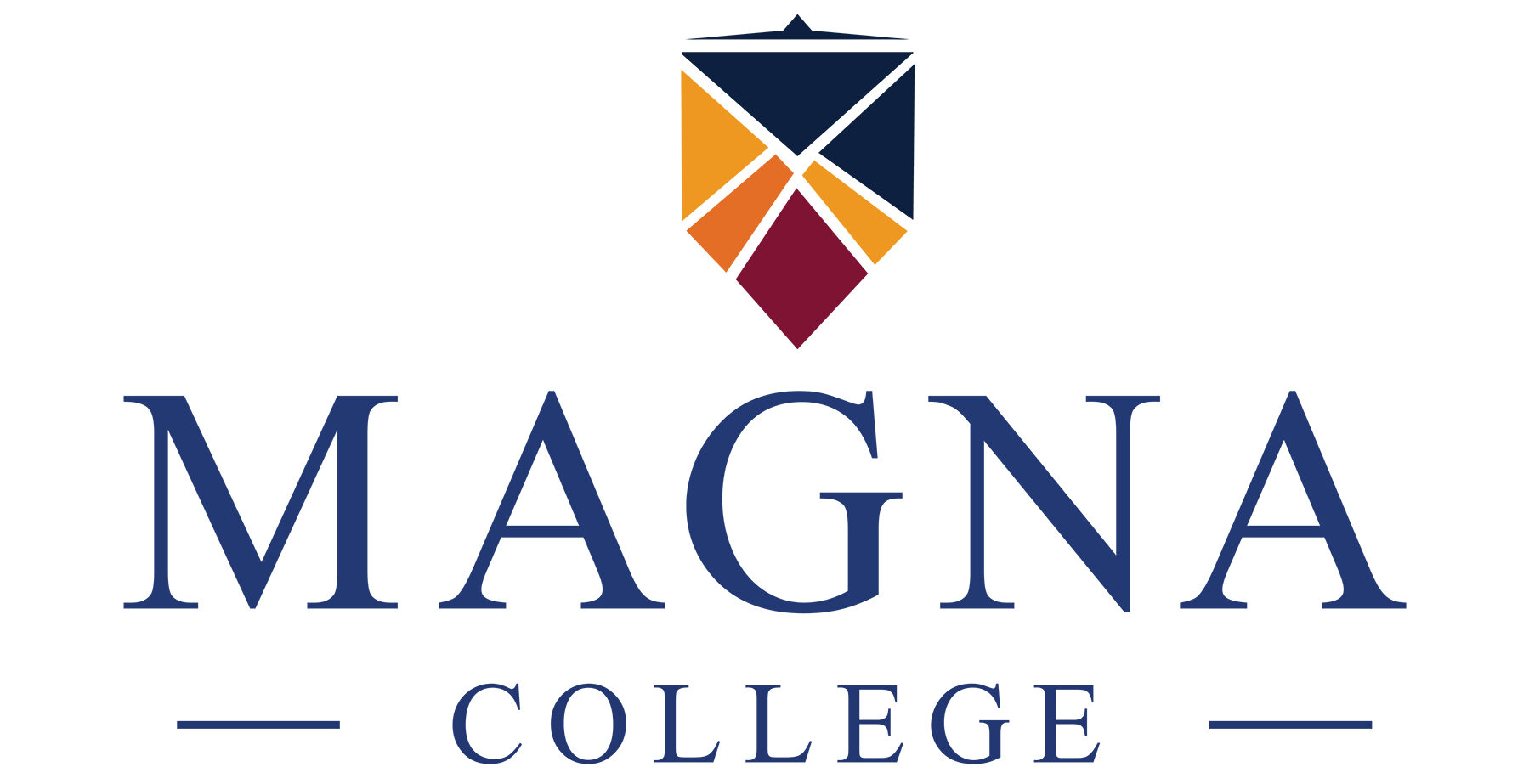How Will You Learn?
- Hands-on learning through practical exercises and problem-solving activities.
- Interactive workshops and tutor-led lessons.
- Access to digital tools and self-study resources.
Career Progression Opportunities
- Progress to higher qualifications, such as GCSE Maths or vocational training.
- Pathways to careers in accounting, IT, engineering, and other numeracy-focused fields.
Employment Opportunities
- Enhanced numeracy skills for roles in administration, retail, and technical fields.
- Better preparedness for apprenticeships and job placements requiring mathematical proficiency.
Course Content
Develop skills in whole numbers, fractions, decimals, and percentages, including calculations without a calculator and understanding number lines.
Learn to work with common measures such as length, weight, capacity, and temperature, including conversions and problem-solving in real-life contexts.
Explore properties of 2D and 3D shapes, including area, perimeter, and volume calculations, and understanding different angles and symmetry.
Learn to interpret, analyze, and present data using various charts and graphs, and understand probability and averages in real-world contexts.
Apply mathematical skills to solve practical problems across different areas, developing logical thinking and effective solution strategies.

Course Description
Functional Skills Maths equips learners with practical numerical and problem-solving skills. The course focuses on real-life applications, such as budgeting, measurement, and data interpretation, ensuring learners are prepared for workplace and everyday challenges.
Entry Requirements
- No prior qualifications are necessary.
- Initial assessment to determine the appropriate level of study.


